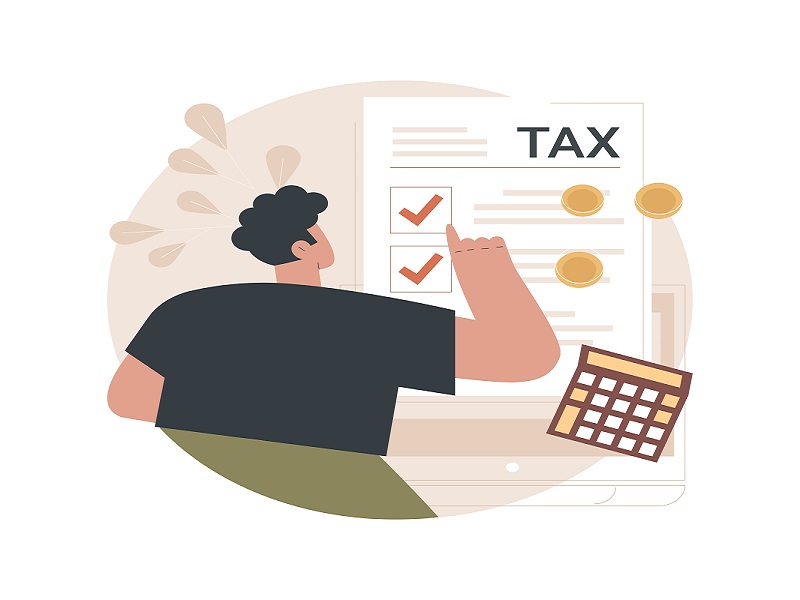The Buyt Desk
We work, work more and even more to grow our income so that we can live a comfortable life. More income doesn’t only mean more money but it also results in more tax. As our income touches the new milestones, the tax slab also does, and in the absence of careful tax planning, we end up paying a decent portion of our income in tax.
Paying tax is not bad but when there are ways to save some in the right manner then why not. The Income Tax Department has given citizens many options to save on tax. Here is a list of various provision of the Income Tax Act that will help you in saving tax–
National Pension System (NPS) Section 80 CCD (1B) – NPS is a popular investment option for those who want to save tax and plan for retirement. The scheme is for everyone and helps you save additional Rs 50,000 tax if you have used the 80C limit.
Education Loan Repayment – If your child is pursuing higher education, you can use his fee as a tool to save tax under section 80E. You can take an education loan and use the interest component of the loan to avail tax deduction. There is no limitation for claiming the deduction for paid interests. However, the point to note is that you can use the benefits of this option only when you take the loan from a recognized financial institution, and there will not be any benefit on the principal amount paid.
House Rent Allowance – If you live in a rented house, the rent you pay also helps you save tax under section 10 (13A). It is not for those who live on their property. Also, the option is not for those who opted new tax regime to pay tax, and whose employer pays HRA after all tax calculations.
Interest Earned on Saving Account – Section 80TTA allows you to claim tax deductions up to Rs 10,000. It applies to all the interest earned from different accounts, and Rs 10,000 is the maximum.
Home Loan – The home loan can also help you save tax under section 24 (B). You can save tax on the interest component of your home loan. You can take advantage of an interest deduction of up to Rs 2,00,000. You can use this option to save on tax no matter whether you are using the property or not.
However, to get all the benefits, you have to make sure that the construction of that property completes within five years of borrowing the loan. Otherwise, the deduction will reduce to Rs 30,000.
First Time Buyer Home Loan – If you are buying a property for the first time, many options are present that allows you to save tax. First, section 24 (B) lets you save tax on interest up to Rs 2,00,000. Second, section 80 C gives you the benefit of saving tax of Rs 1,50,000. Beyond that, the first-time buyer also gets an extra tax deduction of up to Rs 50,000 on the interest component. However, there are eligibility criteria for the same.
-
You cannot buy other property till the last date of the home loan sanction.
-
The loan amount should be less than 35 Lakhs.
-
The value of the home should be less than 50 Lakhs.
Premium Of Health Insurance – Buying health insurance for loved ones is a token of love. And this also gives you tax benefit under section 80 D. Tax deduction benefit is available when you have taken health insurance for yourself, your spouse or children. It is not eligible for your sister or brother-in-law.
Charity and Donation – Donations can also help you save tax under section 80G. However, the donation above Rs 2000 comes under the category. If you are donating through other ways, such as cheques or gifts, you can claim 50 or 100% of the donation. A donation of 100% deduction is subject to 100% of gross total income under section 80G.
The deduction claims for donations made for rural development or scientific research come under 80 CGA. It is not for donors having income/loss from profession/business.
Treatment of Specific Illness – Section 80DDB allows the taxpayer to claim a deduction on tax liability while filing ITR, if the taxpayer himself or any dependent is getting a costly treatment. For self, the deduction limit is up to Rs 40,000 and for a dependent, it can go up to Rs 1,00,000. However, one has to produce proof of treatment to claim the deduction.
Conclusion – Tax planning is imperative as it reduces tax liability. The tax saving option helps with saving tax. Choose these investment options only when there is a need for them.







